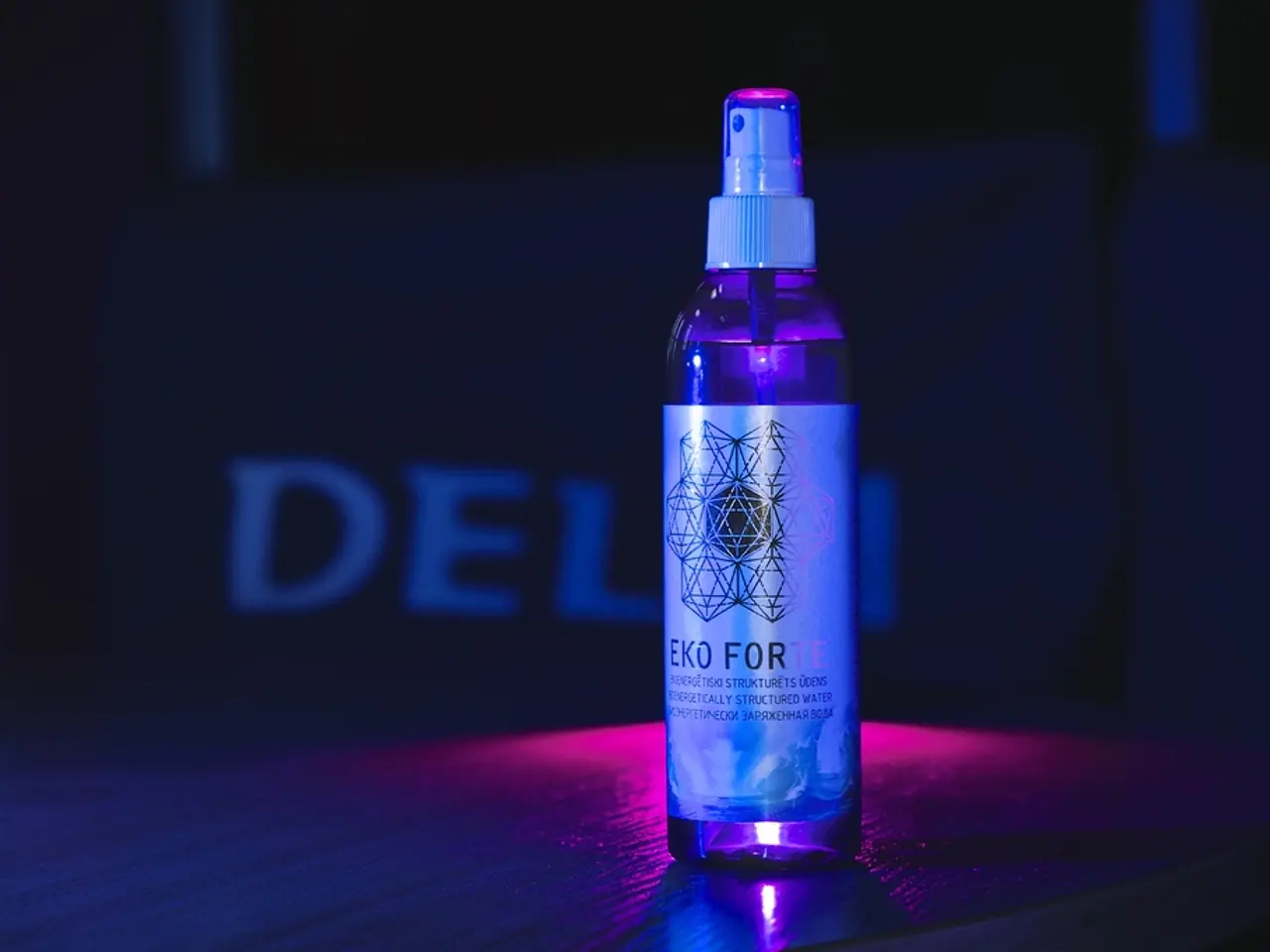Insights into Peptides: The Emerging Substance Promising Fat Reduction, Muscle Growth, and Enhanced Lifespan
Peptides, short chains of amino acids that exist naturally in the body, have gained significant attention recently due to their potential uses in medicine, cosmetics, and performance. Searches for peptides have increased by an astounding 550% this year, as more people become aware of their benefits. However, it's essential to approach this burgeoning market with caution.
The peptide market is largely unregulated, with very few peptides having been rubberstamped by regulatory bodies. This lack of oversight can lead to concerns about the quality and safety of the peptides available, particularly those sold online. Some online sellers peddle "research-grade" peptides, labeled as not for human consumption to circumvent legal issues. Working with a clinician who has studied peptides and sources peptide compounds from well-vetted compounding pharmacies is the best way to obtain peptides.
Dr. Belegui Sanchez, head of the Revitalizing Medicine Health Unit at SHA Mexico, refers to peptides as "biochemical keys" that open up paths for the body to take different actions. Dr. Chris Renna, founder of Lifespan Medicine, considers peptides as substances meant to enhance physiology, not change it. Peptides are often used to target outcomes like weight loss, mental health, muscle growth, cognitive performance, and various other goals.
However, it's important to note that the FDA has approved certain peptides primarily for treating specific medical conditions such as cancer, obesity, and diabetes. There are no widely recognized FDA-approved peptides explicitly for general health and longevity purposes. Some peptides are clinically tested and used off-label or in certain countries for health and longevity goals, but these uses are not officially FDA-approved.
One such example is Thymosin Alpha-1, clinically used to strengthen immune function, helpful in autoimmune diseases or chronic infections. Another is Selank, developed and used in Russia, with clinical research indicating safety and potential cognitive, anxiolytic (anxiety-reducing), and immune benefits. Melanotan II, used for increasing melanin to protect from UV rays, is another example, but it's not FDA-approved for general health.
Peptides like CJC-1295 and Ipamorelin, which stimulate growth hormone release, are used clinically to aid fat loss, muscle growth, and metabolic function, often under medical supervision. These uses are considered off-label or experimental in the US.
The difference between peptide therapies and traditional pharmaceuticals, according to Jamie Gabel, physician assistant and clinical director of Advitam at the Shafer Clinic, is that peptide therapies are natural while traditional pharmaceuticals are not. Despite this, it's crucial to remember that unregulated use of peptides poses serious health risks and legal issues.
In summary, while many peptides are clinically tested and some have regulatory approval for disease treatment, there are no peptides with FDA approval specifically for broad health or longevity purposes. Always consult healthcare professionals and rely on verified pharmaceutical sources for peptide therapies. If you're interested, I can provide examples of peptides often used off-label for longevity or direct you to known clinical trials data.
- Peptides, known for their potential benefits in medicine, cosmetics, and performance, are increasingly being sought after for health and wellness, fitness and exercise, and weight management, as well as for addressing aging and certain medical-conditions like obesity and diabetes.
- Some peptides like Thymosin Alpha-1, Selank, and Melanotan II, are clinically used for specific purposes such as boosting immune function, cognitive enhancement, and UV ray protection, but are not FDA-approved for general health and longevity goals.
- While peptides are often marketed for their natural properties, their unregulated use poses serious health risks and legal issues. Therefore, it's advisable to consult healthcare professionals and rely on verified pharmaceutical sources for peptide therapies.




